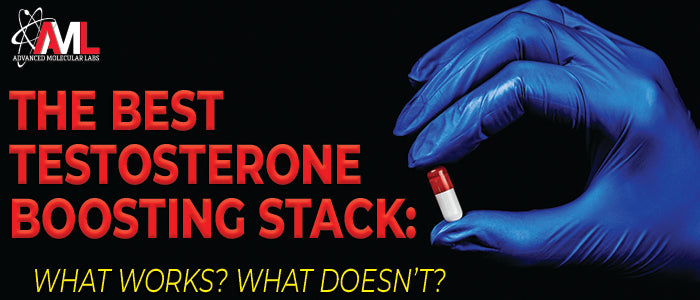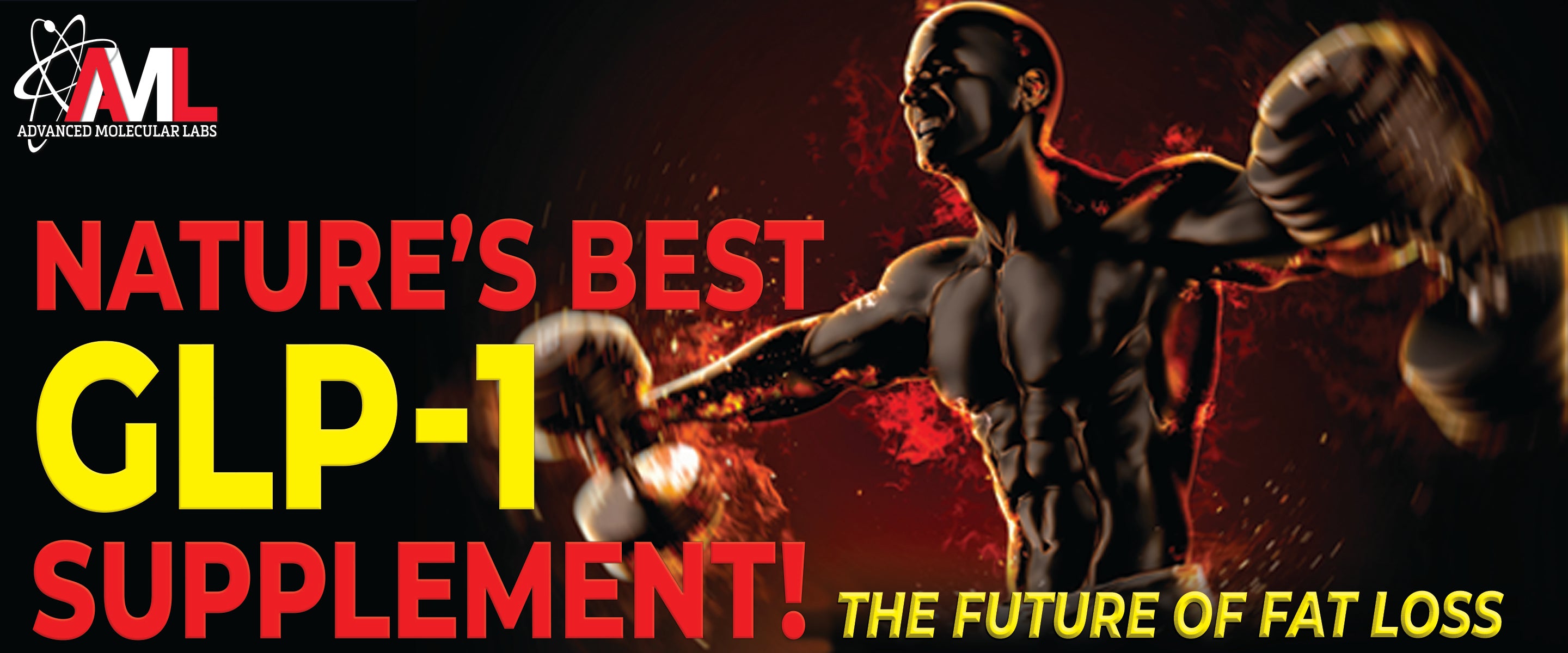


Boost Strength & Power with Betaine
You know Creatine is great for building muscle. You know that Beta Alanine is the answer for increasing endurance. And, you know that Caffeine is superior for never-ending energy.
But, do you know what Betaine does?
No?!
Well, it’s about time you do, and we’ve got you covered with everything you need to know about this powerful strength-boosting supplement.
What is Betaine?
Once relegated to the bottom shelves of supplement stores, Betaine has rapidly gained popularity the past few years and now ranks as one of the “must have” ingredients alongside creatine, beta alanine, and caffeine. Betaine is naturally occurring and found in a wide variety of foods, namely beets. So, there’s no need to worry about experimenting with some kind of “Franken-chemical” when supplementing with Betaine.
Volumes of research have been written on betaine, and show not only is it safe, but incredibly effective when it comes to improving multiple facets of athletic performance!
As a metabolite of choline, Betaine is also readily found in the human body. Its structurally similar to the amino acid glycine, but has the addition of three methyl groups bonded to it, which plays a big part as to how it works in the body.
So, what does Betaine do?
That’s answered next!
What Does it Do?
Betaine plays a role in a variety of essential physiological processes in the body, in large part due to its role as a methyl donor. Remember above how we described betaines molecular structure as having 3 attached methyl groups?
Well, as a donor, betaine basically “sacrifices” one of its attached methyl groups to another molecule in the body that requires it for a certain process. Numerous reactions occur in the body that depend on this process, known as methylation.
The most important of these methylation processes that we’re interested in for increasing performance is methylation of homocysteine. Elevated levels of homocysteine are associated with inflammatory disorders, including atherosclerosis (hardening and narrowing of the arteries) and rheumatoid arthritis. However, methylation of homocysteine is also the way betaine improves strength, muscle growth, and fat loss. This is because the methylation of homocysteine produces extra methionine, which is vital to the body's own biosynthesis of creatine. Thus, one of the primary ways betaine increases muscle strength and size, by enhancing the body’s production of the ultimate performance booster, creatine.[1]
Another benefit of the increased production of methionine, one of the essential amino acids, is increased muscle protein synthesis (MPS), as methionine is essential to the translation phase of MPS. Increased methionine results in elevated muscle protein synthesis, ultimately yielding greater potential for size and strength!
Keeping Homocysteine in Check!
Aside from homocysteine methylation, betaine also helps regulate homocysteine levels.[2] Elevated levels of homocysteine are linked to reduced insulin production, which can severely stunt muscle growth and fat loss -- something no athlete wants!
Even worse, out of control homocysteine levels can lead to the development of serious health disorders including atherosclerosis, osteoporosis and cardiovascular thrombosis (clots). Additonally, betaine deficiency has been associated with an assortment of other diseases including diabetes, lipid disorders and metabolic syndrome.[3] In other words, if your homocysteine levels are unwieldy, you’re all but guaranteeing health problems later in life!
One last tidbit about betaine worth mentioning is that betaine increases levels of S-adenosylmethionine (SAMe), a cosubstrate that plays a role in methyl group transfer and a variety of other muscle-building reactions. Plus, adequate levels of SAMe support joint recovery, liver health, and mood.
Benefits of Betaine
Given the diverse roles betaine performs in the body, it only makes sense that betaine has an expansive list of benefits:
- Increases lean muscle mass
- Reduces fatigue
- Elevates muscle protein synthesis
- Improves endurance
- Supports creatine production
- Decreases soreness
- Enhances work capacity
- Increases power output
- Decreases cortisol levels
- Elevates mood
How Much?
Feeling pretty good about what betaine can offer you? You’re probably wondering how much you need to take to get all of these benefits.
Well, given that betaine improves power, strength, recovery, protein synthesis, and muscle growth, it only makes sense to consume betaine before or after you train. Because of this, AML Pre Workout and Post Workout include the full, clinically-verified 2.5g dose of BetaPower® natural betaine to enhance performance, muscle strength, and growth!
Takeaway
Betaine is a powerful and proven strength and muscle-building molecule that improves all facets of athletic performance. It supports the production of creatine and overall health, too. Suffice it to say that Betaine is one supplement you must have and that’s exactly why AML supplies it in each serving of its Pre Workout and Post Workout.
References:
1. https://www.ncbi.nlm.nih.gov/pmc/articles/PMC2651845/
2. http://ajcn.nutrition.org/content/87/3/577.long
3. https://www.ncbi.nlm.nih.gov/pubmed/20346934
4. https://jissn.biomedcentral.com/articles/10.1186/1550-2783-10-39
5. https://jissn.biomedcentral.com/articles/10.1186/1550-2783-7-27
6. https://www.researchgate.net/profile/Lucas_Guimaraes-Ferreira/publication/261840151_Effects_of_betaine_on_performance_and_body_composition_A_review_of_recent_findings_and_potential_mechanisms/links/0a85e535bdf7395d18000000.pdf




